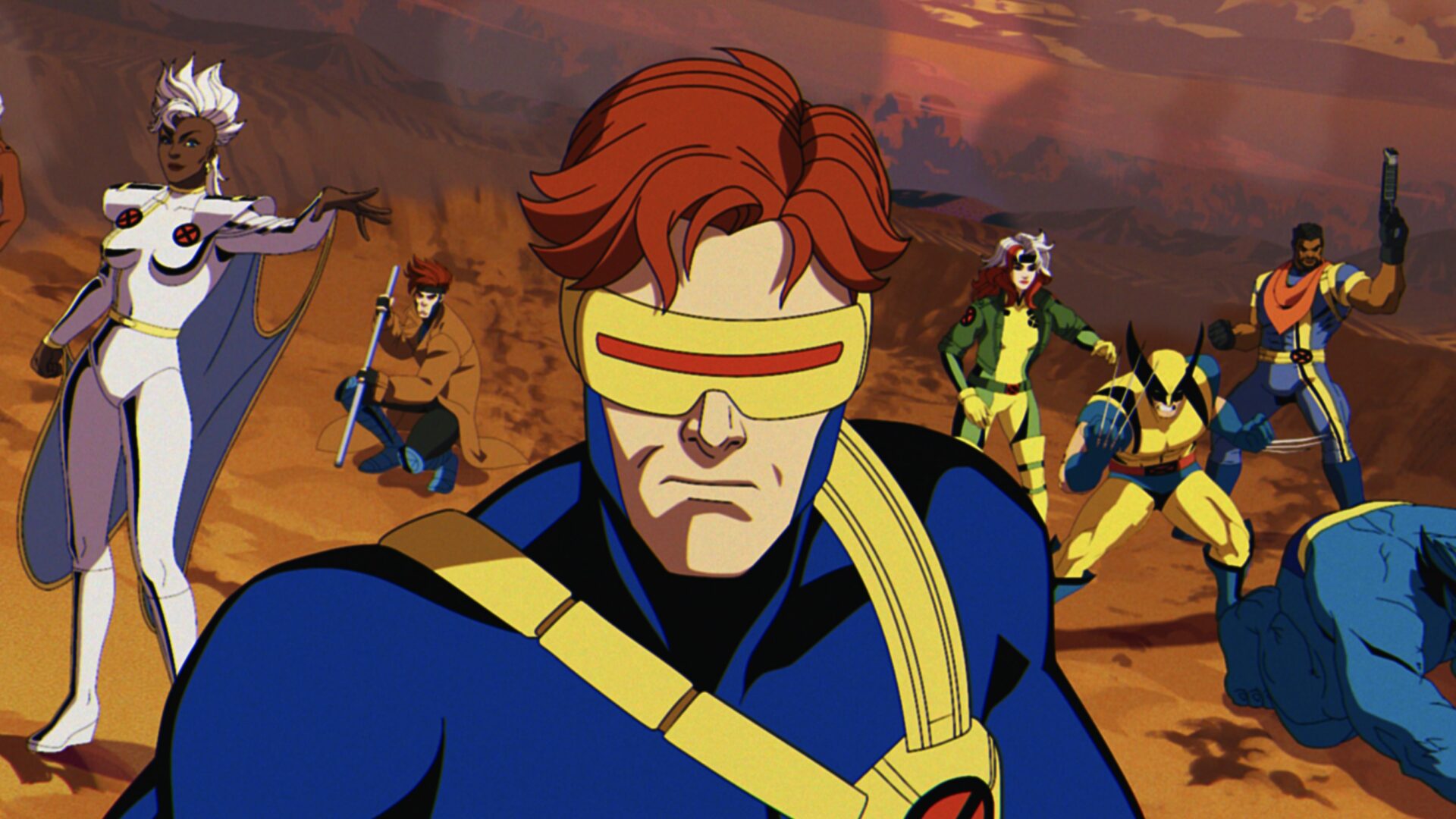X-Men ’97 creator thought about Pulse nightclub shooting ‘a lot’ while writing series
"Like many of us who grew up on the OG cartoon, the X-Men have now been hit hard by the realities of an adult and unsafe world"

The creator of X-Men ’97 has said he thought about the Pulse nightclub shooting “a lot” while crafting the new series.
X-Men ’97 picked up where the 90’s series X-Men: The Animated Series left off and continues the stories of the comic book superhero team. The series has wowed fans old and new with its colourful characters and brilliant storytelling, combining nostalgia with new elements.
The series’ fifth episode, ‘Remember It’, which aired on Wednesday (10 April) saw the team split in two. Some dealt with press coverage at the X-Mansion, while Magneto, Rogue, and Gambit flew to the island nation of Genosha, a haven for mutants that was being welcomed into the UN.
After some initial celebrations as well as some political and emotional tensions, the seeming utopia came under attack from a Kaiju-sized bug-like Sentinel robot. Sentinels have long existed in the X-Men comics as mutant-hunting machines. Who sent the robot is still to be determined, but the consequences of the attack were devastating. Many characters were killed off, but most notably and devastatingly, X-Men member Gambit, as well as Magneto and the Morlocks.
The episode, like the series in general, has been applauded since its debut for taking such a brave but gutwrenching turn. Much of the praise has been directed at X-Men ’97 creator and lead Beau DeMayo, who parted ways with Marvel shortly before the series aired.
“The idea being to have the X-Men mirror the journey that any of us who grew up on the original show have experienced”
Taking to X on Wednesday to discuss the latest episode and the influences behind its themes and events, DeMayo revealed that real-life events such as 9/11 and the Pulse nightclub shooting were behind the episode.
“Episode 5 was the centerpiece of my pitch to Marvel in November 2020,” DeMayo started. “The idea being to have the X-Men mirror the journey that any of us who grew up on the original show have experienced since being kids in the 90s.” He went on to explain he wanted to recreate the sense of transitioning away from an understanding that “the world was a seemingly safer place for us,” and “where questions about identity and social justice had relatively clear cut answers.”
He continued: “Then 9/11 happened, and the world turned against itself. Things weren’t so safe anymore. Grassroots populist movements began to rise around the world as a whole nation struggled to deal with collective trauma and fracture at the seams of every diverse demographic. The effects we still feel today, and have only been exacerbated by more collective traumas like COVID or several recessions.”
DeMayo shared that 9/11 holds great personal significance for him as he came out of the closet to his family at the time and he realised “not everyone would accept me.” It was here that things “got very real and very scary.”
“The X-Men have now been hit hard by the realities of an adult and unsafe world. Life’s happened to them”
Turning specifically to discuss the 2016 Pulse nightclub shooting and its influence on the episode DeMayo said, “If events like 9/11, Tulsa, Charlottesville, or Pulse Nightclub teach us anything, it’s that too many stories are often cut far too short. I partied at Pulse. It was my club. I have so many great memories of its awesome white lounge. It was, like Genosha, a safe space for me and everyone like me to dance and laugh and be free. I thought about this a lot when crafting this season and this episode, and how the gay community in Orlando rose to heal from that event.
“Like many of us who grew up on the OG cartoon, the X-Men have now been hit hard by the realities of an adult and unsafe world. Life’s happened to them. And they, like we did, will have to decide which parts of themselves they will cling to and which parts they’ll let go of in order to do what they’ve been telling humanity to do: face an uncertain future they never saw coming. As Trask told Cyclops in the premiere: ‘You have no idea what it’s like to be left behind by the future.’ Now the X-Men do, and like each of us, they’ll have to weigh whether this is a time for social justice – or as Magneto preached at his trial – is it a time for social healing.”
After posting his message, DeMayo was congratulated for an “amazing” job on the show. Others called it “incredible work.” Many others also related to DeMayo’s message.
New episodes of X-Men ’97 debut on Disney+ every Wednesday.
